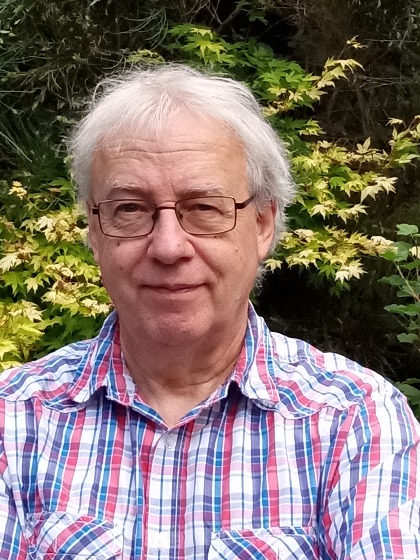prof. dr. E.A. (Eddy) van der Zee

The research performed in the van der Zee-lab aims to better understand how the brain works, and via which ways brain functioning can be improved, especially in case of brain disorders or ageing. Focus is on cognitive performance, including analyses of the hippocampus, striatum and (neo)cortex. However, it is by no means limited to these brain regions. Current projects are
1) Learning and memory and life style interventions: using various ways the impact of (too little) exercise is being studied. Using a variety of models (healthy rodents as well as disease models) are housed under different conditions and subjects are treated with different exercise interventions or multi-model interventions including social aspects. This work is done in collaboration with the Kas-lab and Eisel-lab from GELIFES. Focus is on Alzheimer’s disease.
2) Phenylketonuria: this rare disease is characterized by very high (toxic) levels of phenylalanine in blood and brain. This work is done in close collaboration with the UMCG (Prof. dr. Francjan van Spronsen). We combine human and animal research, and the latter is predominantly done at GELIFES using PKU mutant mice to decipher what high phenylalanine levels do to the brain and via which interventions (e.g. diets) this can be reversed best. In addition, the role of sleep and the microbiome is being studied via the Adaptive Life project.
3) Vibrations as a sensory module: although generally underrated, nearly all species (and even individual cells) detect vibrations and in mammals it can be used to stimulate the brain. As such, it can be used as an intervention (NeuroExercise) as mentioned under 1). The way vibrations cause changes in the brain, and the functional impact this has is subject of several research activities. Much of this work is done in close collaboration with Dr. Marieke van Heuvelen (Human Movement Sciences, UMCG). In addition, the potential of vibrations are being studied in relation to Parkinson’s disease via the Adaptive Life project. This work is also embedded within the international association for vibration research, WAVEX, using vibration platforms in humans and mammals to improve health and well-being.
